Improving support for children missing education
Overview
We are seeking evidence to improve the way children missing education are identified and supported.
Why your views matter
We want to empower local authorities, schools and others to identify and support children missing education more effectively. This is to ensure every child gets an education, wherever they live and whatever their background.
In this call for evidence, we are seeking views on:
- how children missing education are identified and supported
- the challenges in identifying and supporting children missing education
- how to address those challenges
Children missing education are children of compulsory school age who are not registered pupils at a school and are not receiving suitable education otherwise.
What happens next
This call for evidence will, it is hoped, give ample scope to all interested parties to provide evidence on what works well, and what works less well, in identifying and supporting CME. It is also intended to allow respondents to put forward ideas and proposals for change, and justification for such change. The government has not made any decision on these issues but does want to hear what more can be done to improve the CME system to support all children to achieve their potential.
When the closing date is reached, the government will consider the responses, and publish a response. We will use the responses to inform future policy.
Audiences
- Adoptive parents
- Bodies representing schools and local authorities
- CAMHS
- Designated safeguarding leads
- Directors of children's services
- Educational Psychologists
- Faith bodies
- Foster carers
- Governing bodies and academy trusts
- Governors
- Headteachers
- Health visitors
- Local authorities
- Parents
- Principle social workers
- Pupils
- School business managers
- School nurses
- School support staff
- SENCOs
- Service managers
- Social workers
- Social workers
- Teachers
- Team managers
- Those evaluating programmes for children in need
- Those involved in underlying theoretical research on abuse and neglect, child development etc
- Those researching children’s social care or education systems, with links to educational outcomes of Children in Need
- Unions and representative organisations
- Virtual school heads
- Young people
Interests
- Admissions
- Attendance and absence
- Education
- Keeping children safe in education and other settings
- Preventing neglect, abuse and exploitation
- Pupil place planning

Share
Share on Twitter Share on Facebook